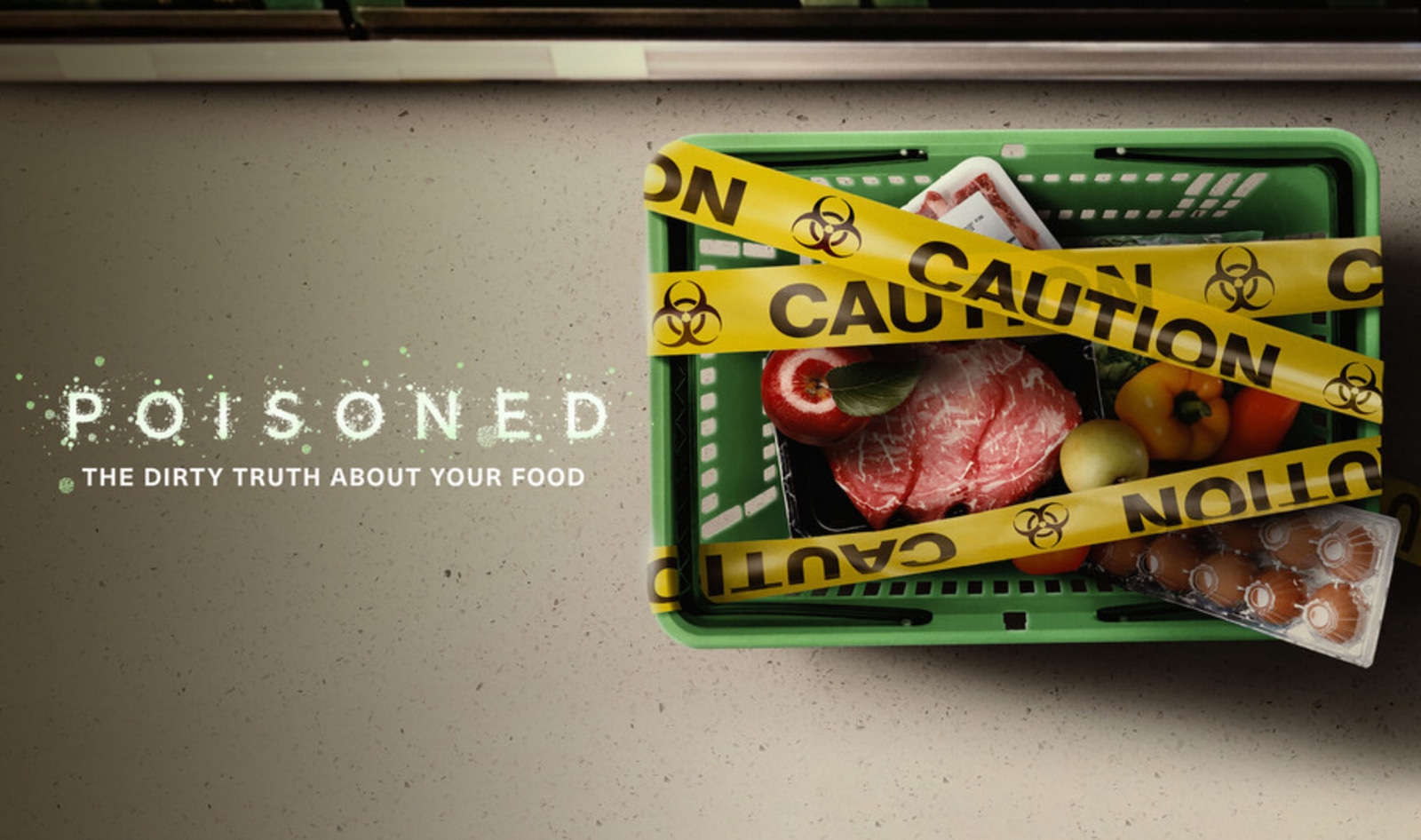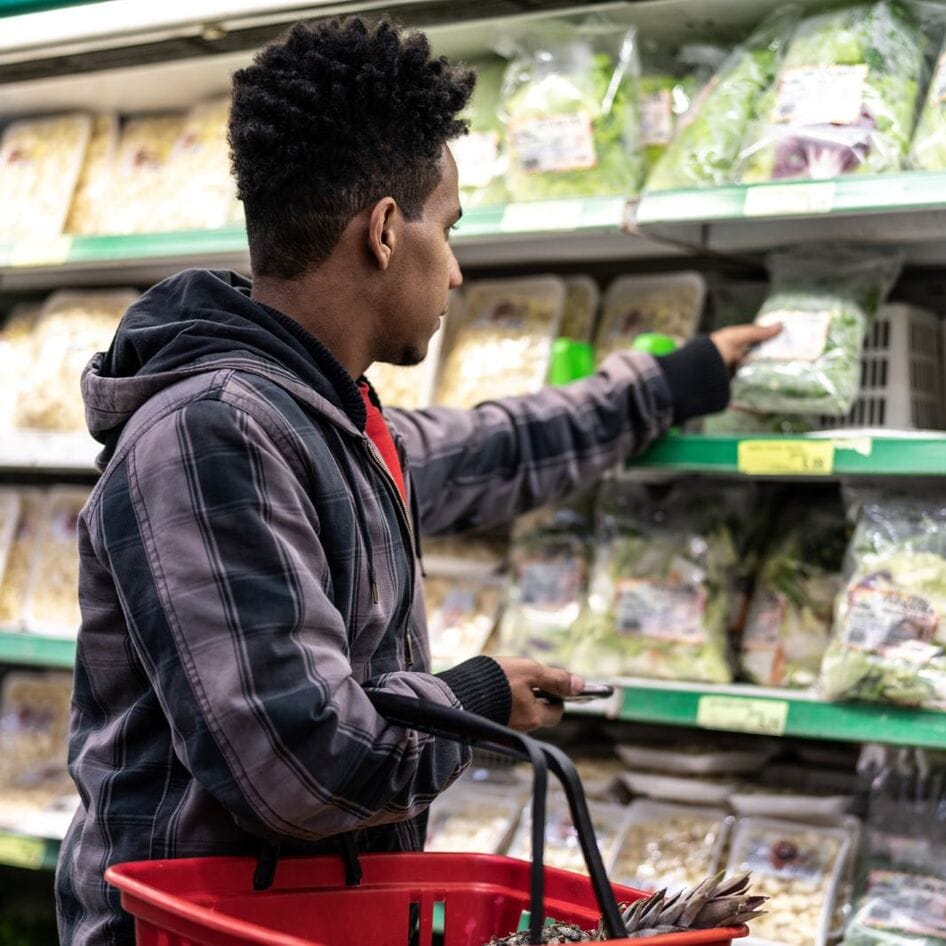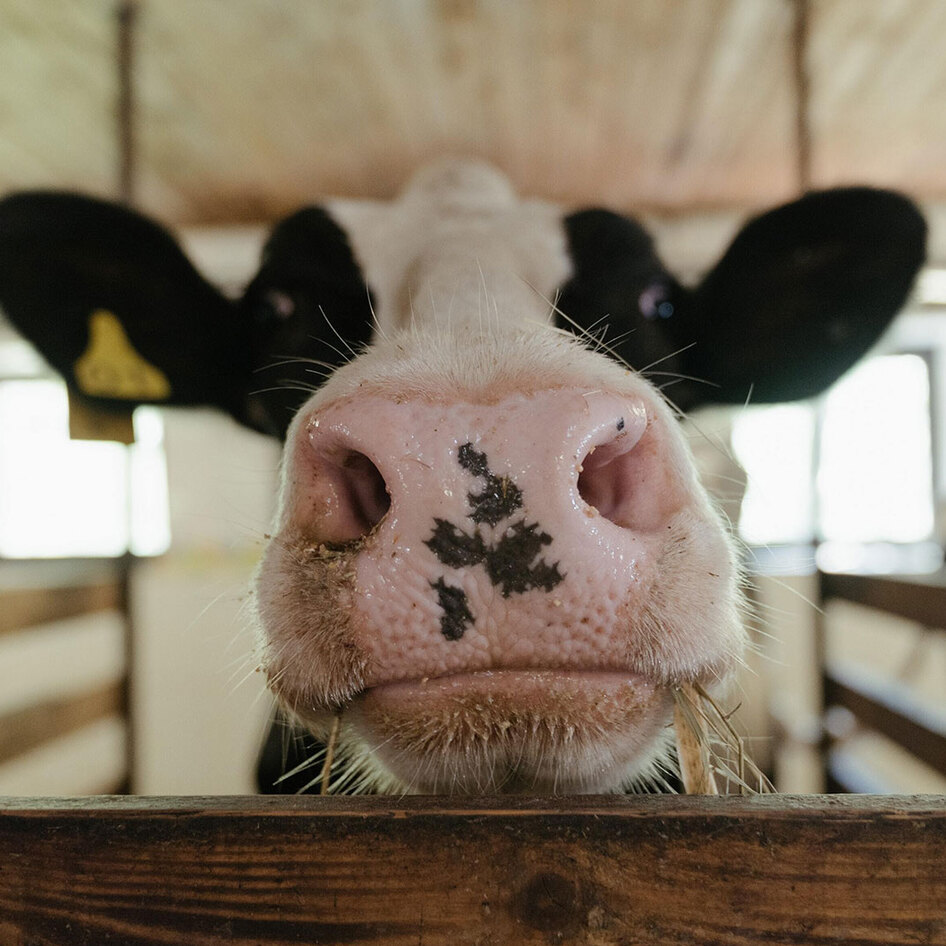In the 1990s, Jack in the Box was at the center of one of the most infamous food poisoning incidents in history. Contaminated beef patties from the American fast-food chain, which contained harmful Escherichia coli O157:H7 bacterium, caused infections in more than 730 people, and led to the deaths of four children.
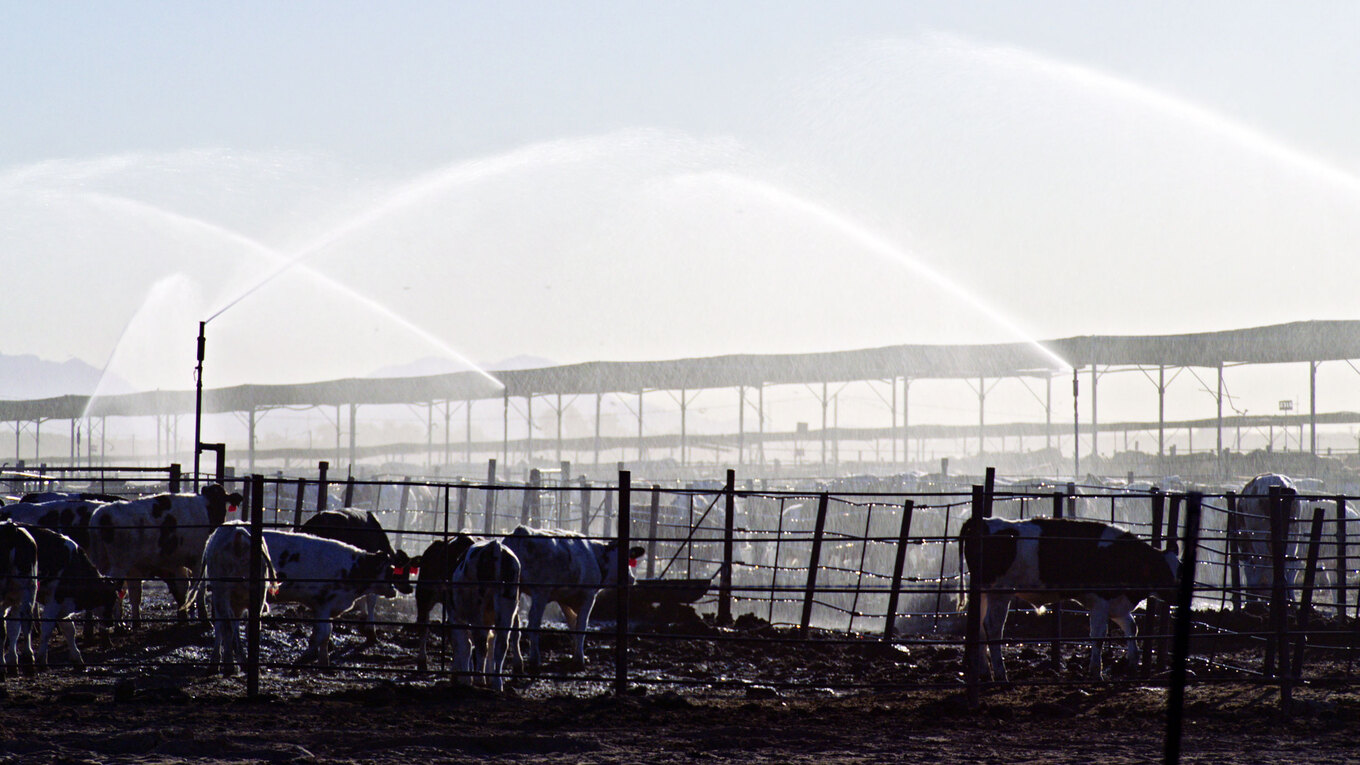 Netflix
Netflix
The major scandal is talked about in the new Netflix documentary Poisoned: The Dirty Truth About Your Food. The film aims to raise awareness of the dangers of foodborne illness in the American food system.
With the help of experts, including food lawyers (most notably Bill Marler, who worked on the Jack in the Box case), politicians, and scientists, the new documentary guides viewers through some of the harrowing details of the way food is processed and sold in the US. Most of the focus is on the meat industry and its use of industrialized, pollutive factory farms.
How meat is fueling a food-poisoning crisis
While there was a crackdown in the ‘90s on contaminated beef, this wasn’t the case for all meats. A key point touched on this in the film: it is legal to sell poultry products contaminated with salmonella—a type of bacteria that can cause a disease called salmonellosis—in the US.
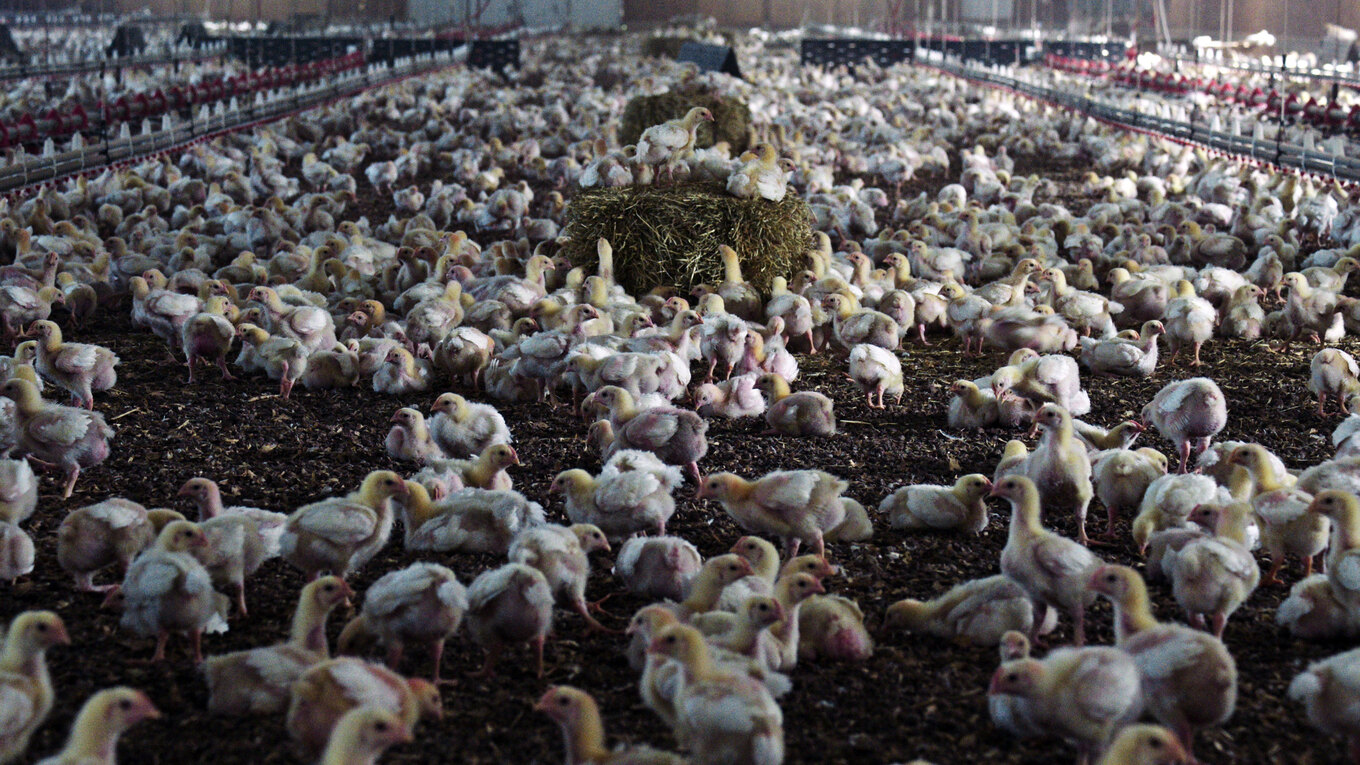 Netflix
Netflix
“The truth is, our food is nowhere near as safe as it should be,” Sarah Sorscher, the director of regulatory affairs for the Center for Science in the Public Interest, for Food Safety News, wrote regarding the new documentary.
“Regulators and the food industry have not done enough to mitigate deadly pathogens like STEC E. coli and Salmonella, and consumers remain ill-prepared to manage food poisoning risks in our kitchens,” she added. “We continue to be sickened and die at unacceptably high rates due to contaminated foods as a result.”
But it isn’t just poultry that consumers need to be aware of. Poisoned also highlights the risk that factory farms pose to leafy greens such as lettuce and spinach, for example.
Leafy greens are, of course, inherently nutritious—they are sources of antioxidants and essential vitamins and minerals. However, if they are grown close to factory farms, they can pose a threat, notes the new film. And that’s likely because shared irrigation streams can be contaminated with E.coli from animal fecal matter.
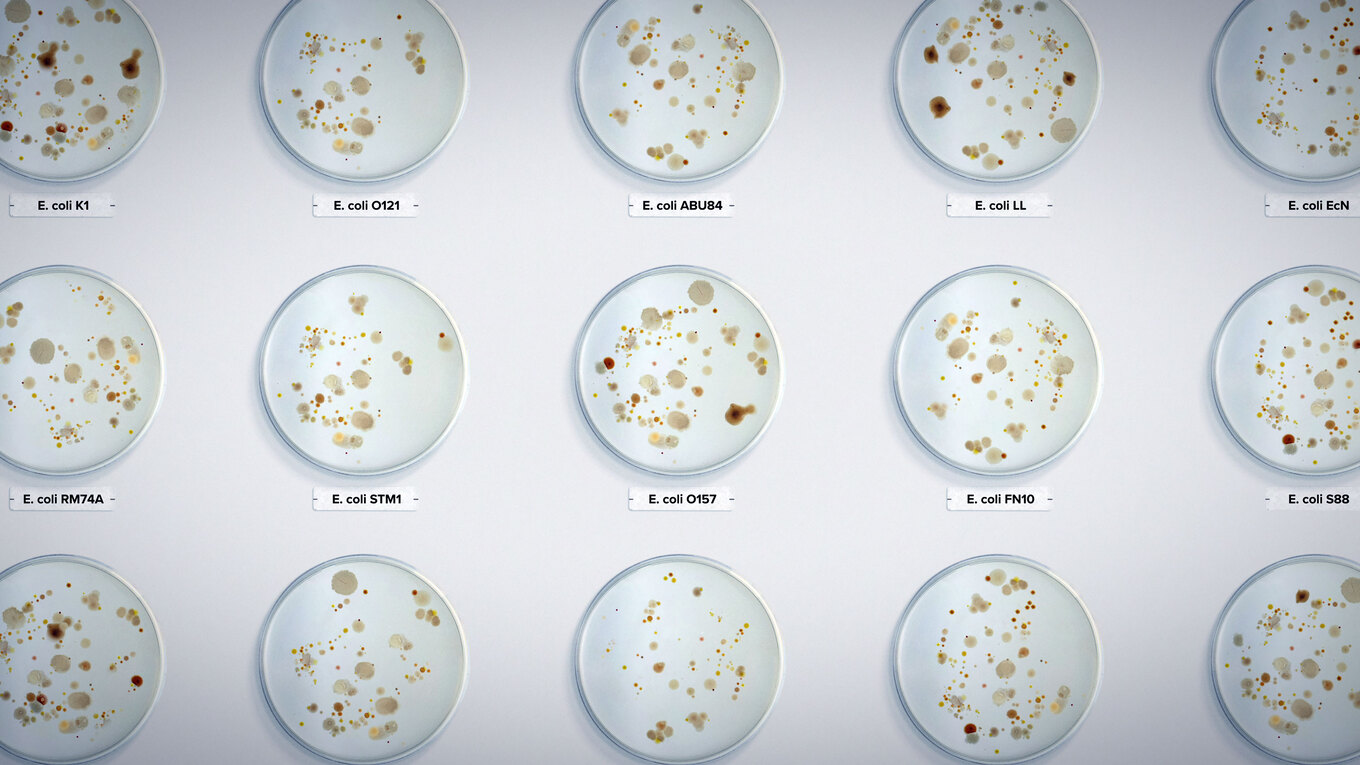 Netflix
Netflix
Poisoned isn’t alone in drawing attention to this risk. “Whenever you have an E.coli outbreak in any produce, and you do a long enough investigation, eventually you will bump into a cow,” Richard Raymond, former undersecretary for the US Department of Agriculture, told the Guardian regarding these outbreaks in 2020.
Leafy greens from Yuma, AZ, and Salinas, CA—all areas that share land with livestock farms—have been linked with E.coli outbreaks in the past.
Food documentaries shine a light on the dangers of the food system
Poisoned is far from the first documentary to shine a light on the dangers of the food system.
Cowspiracy, What the Health, and Eating Our Way to Extinction are just a few examples of films that have aimed to open people’s eyes to the risk that the intensive farming of animals poses to our health and the planet.
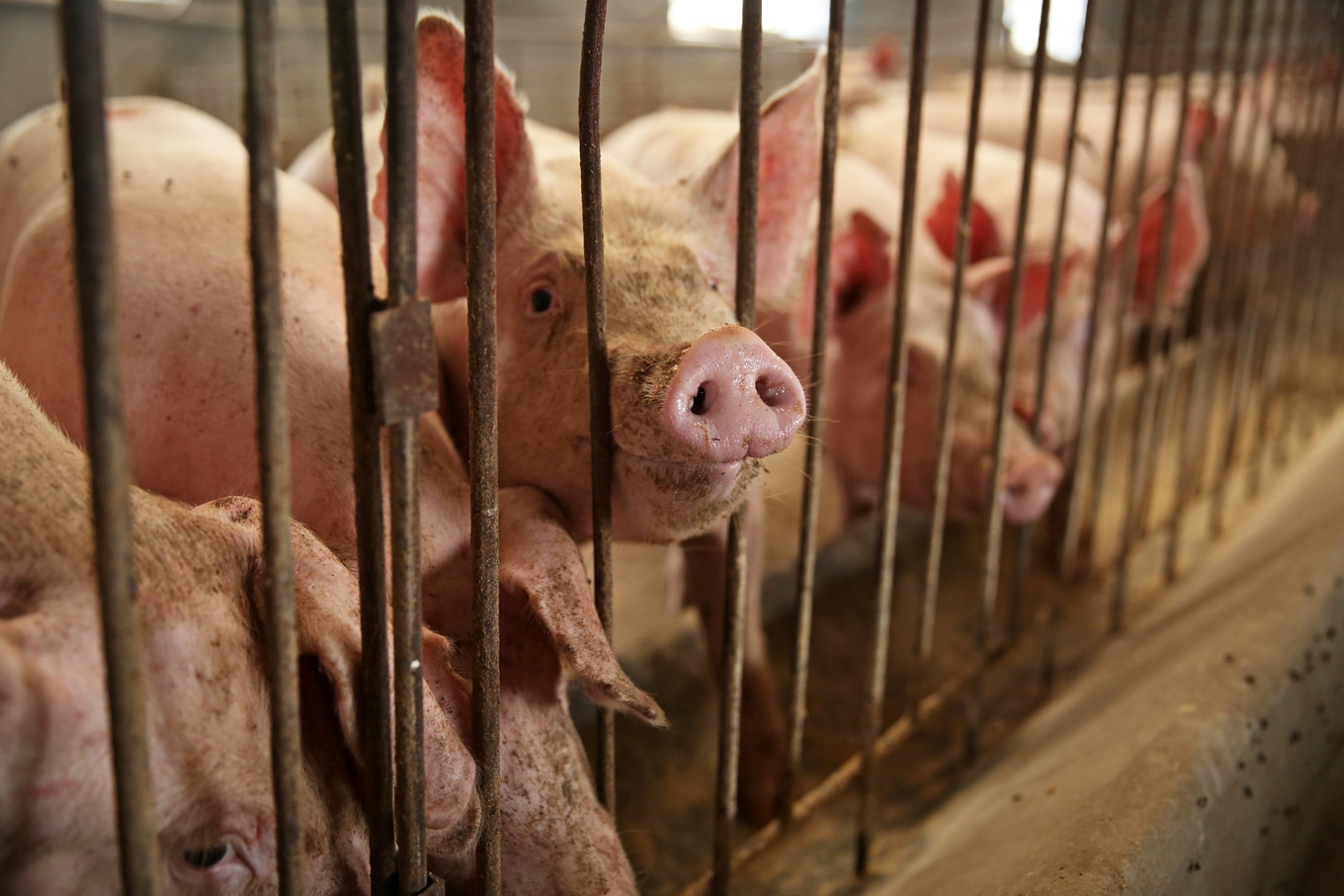 World Animal Protection
World Animal Protection
The Smell of Money, which was released in 2022 and executively produced by actress Kate Mara, is another example. It focuses predominantly on a Smithfield hog farm in North Carolina and examines the health crisis that untreated wastewater is causing in the surrounding community, which is home mostly to Black, low-income residents.
“We cannot continue with our current food system, and ignore the environmental racism that plagues these communities,” Mara says.
Poisoned is also trying to raise awareness and inspire change, and it has seemingly had a significant impact so far. Viewers have called it “terrifying” and “depressing,” and, according to Wales Online, some have been left wanting to turn their backs on the meat industry forever by going vegan.
It’s important to note here that while plant-based food has a lower risk of food poisoning, it can still make you ill, so careful attention should always be taken when preparing food—particularly salad leaves and raw vegetables.
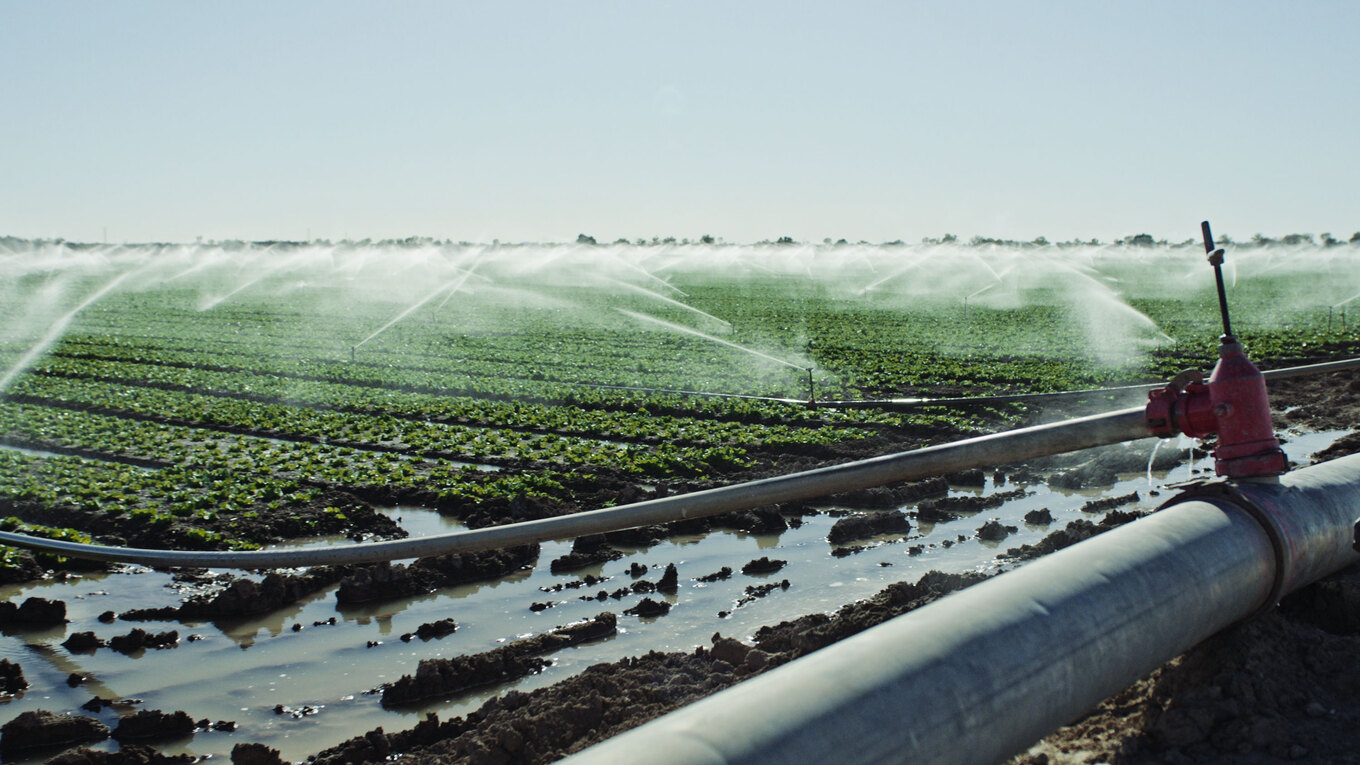 Netflix
Netflix
“Raw fruit and vegetables are a prime target for bacteria,” Food Safety News notes. “They can be contaminated through any stage of the supply chain. The raw fruits and vegetables can come into contact with contaminated water or feces from animals or birds at the farm.”
“Before it gets to the shop shelves, the food could have been handled by someone with an illness [or] come into contact with a contaminated surface or utensil or pests during processing,” it adds.
To reduce the risk of food poisoning, make sure to wash leafy greens thoroughly. But note that cooking food is really one of the best ways to kill foodborne bacteria.
‘We deserve safe food’
And finally, it’s also important to note that we are not powerless. “We have the opportunity now for policy action,” Sorscher says.
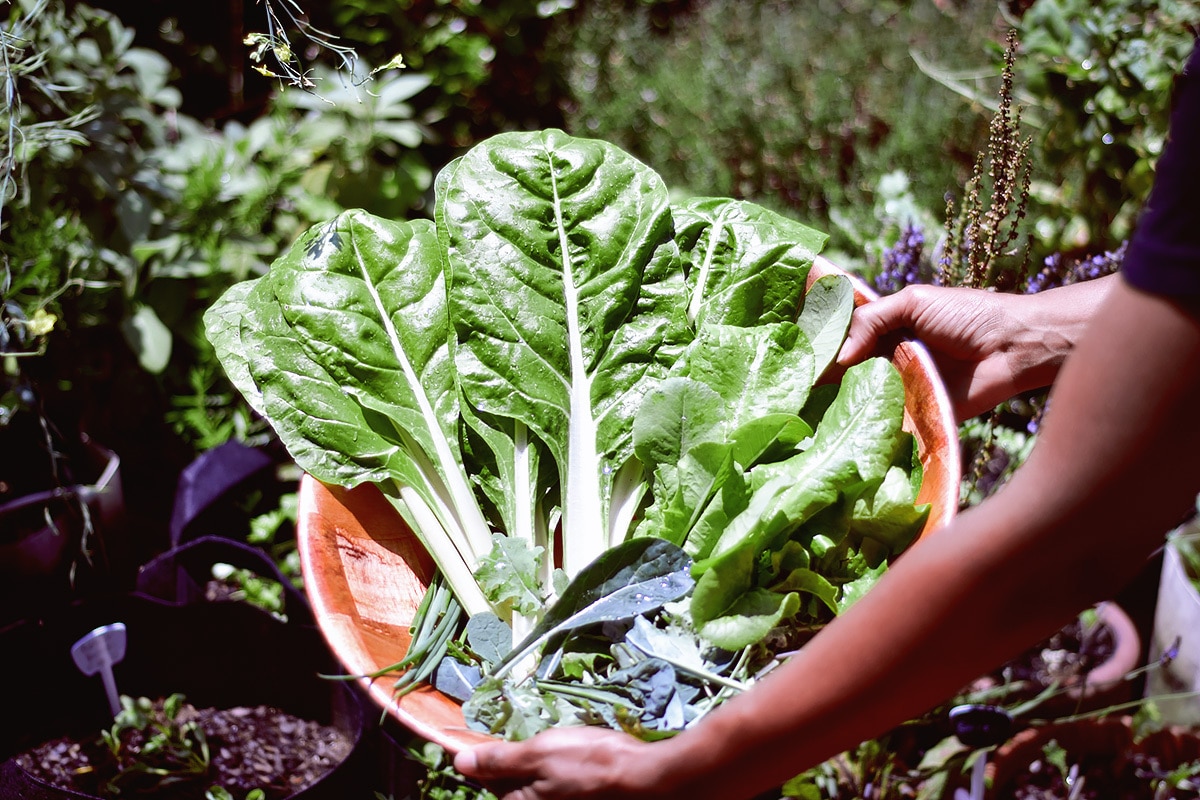 Elias Morr/Unsplash
Elias Morr/Unsplash
“Congresswoman Rosa DeLauro has sponsored a bill, the Expanded Food Safety Investigation Act, that would allow federal investigators to investigate foodborne outbreaks that emerge from large animal farms,” she adds, before noting that consumers should apply pressure on their representatives to prioritize all food safety reforms.
“We deserve safe food,” she continues. “And together we have the power to make it a reality, by creating a system where consumers can truly have confidence in our food.”
To stream Poisoned: The Dirty Truth About Your Food, click here.
For more on documentaries, read:
JUMP TO ... Latest News | Recipes | Guides | Health | Shop

